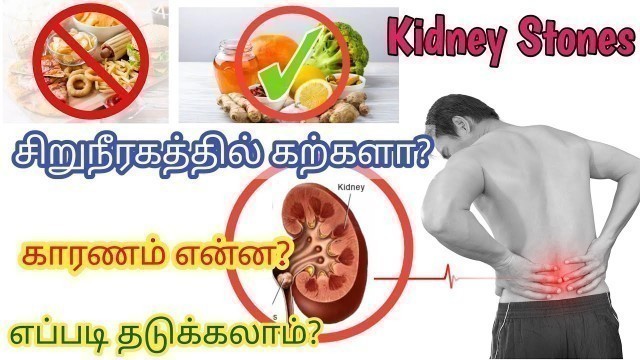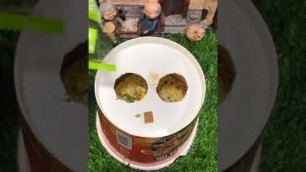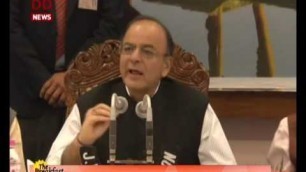

'Kidney stone symptoms in Tamil and prevention | kidney stones symptoms | kidney problem tamil #kidney_stones_remedies_in_Tamil #kidney #kidney_failure_symptoms_in_tamil #kidney_stone_tamil #kidney_stone #kidney_stones_symptoms_in_tamil kidney stone kidney stones remedies in Tamil kidney failure symptoms kidney problems symptoms kidney stone treatment in Tamil kidney problem kidney function Kidney stone disease, also known as nephrolithiasis or urolithiasis, is when a solid piece of material (kidney stone) develops in the urinary tract. Kidney stones typically form in the kidney and leave the body in the urine stream. A small stone may pass without causing symptoms. If a stone grows to more than 5 millimeters (0.2 in), it can cause blockage of the ureter, resulting in severe pain in the lower back or abdomen. A stone may also result in blood in the urine, vomiting, or painful urination. About half of people who have had a kidney stone will have another within ten years. Most stones form by a combination of genetics and environmental factors. Risk factors include high urine calcium levels, obesity, certain foods, some medications, calcium supplements, hyperparathyroidism, gout and not drinking enough fluids. Stones form in the kidney when minerals in urine are at high concentration. The diagnosis is usually based on symptoms, urine testing, and medical imaging. Blood tests may also be useful. Stones are typically classified by their location: nephrolithiasis (in the kidney), ureterolithiasis (in the ureter), cystolithiasis (in the bladder), or by what they are made of (calcium oxalate, uric acid, struvite, cystine). In those who have had stones, prevention is by drinking fluids such that more than two liters of urine are produced per day. If this is not effective enough, thiazide diuretic, citrate, or allopurinol may be taken. It is recommended that soft drinks containing phosphoric acid (typically colas) be avoided. When a stone causes no symptoms, no treatment is needed; otherwise, pain control is usually the first measure, using medications such as nonsteroidal anti-inflammatory drugs or opioids. Larger stones may be helped to pass with the medication tamsulosin or may require procedures such as extracorporeal shock wave lithotripsy, ureteroscopy, or percutaneous nephrolithotomy. Between 1% and 15% of people globally are affected by kidney stones at some point in their lives. In 2015, 22.1 million cases occurred, resulting in about 16,100 deaths. They have become more common in the Western world since the 1970s. Generally, more men are affected than women. Kidney stones have affected humans throughout history with descriptions of surgery to remove them dating from as early as 600 BC.'
Tags: urine infection symptoms in tamil , kidney failure symptoms in tamil , kidney problem tamil , kidney infection in tamil , kidney problems symptoms in tamil , kidney stone treatment in tamil , kidney stone in tamil , kidney stone tamil , kidney stone avoid food in tamil , kidney stone symptoms in tamil , kidney stone reasons in tamil , kidney stone tips in tamil , kidney stone pain tamil , Kidney stones symptoms in tamil , urine infection tamil , kidney stones remedies in tamil
See also:














comments